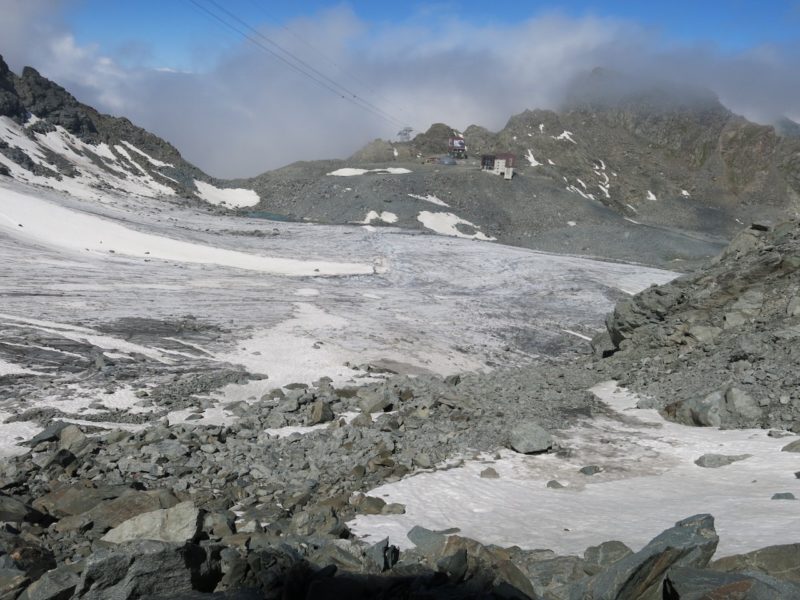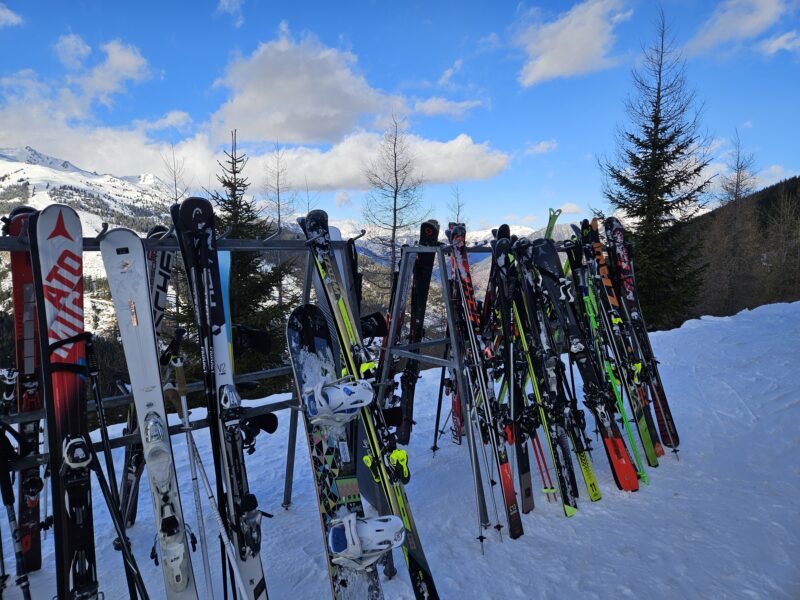FIS Unveils Its Sustainability Plan
17th January 2024
Last modified on January 20th, 2024
The International Ski and Snowboard Federation has announced a sustainability action plan. It says it will guide the organisation and its key stakeholders through global sustainability challenges.
The programme covers the period 2024-2026 and includes short, medium and long term projects and targets.
FIS claims its so-called ‘Impact Programme’ is a roadmap for the coming years.
It says it will help to ensure that the next generation can continue to enjoy winter snow sports in their natural environment.
“I am personally proud of the all-encompassing vision of the Impact Programme,” said FIS President, Johan Eliasch.
“As an organisation, FIS has a responsibility to take urgent action on climate change, which threatens not only the habitat on which our sport depends, but also humanity’s way of life.” .
“We also have a duty to ensure the well-being of athletes, and to protect the human rights of all those working in and around snow sports.
“The FIS Impact Programme sets out how we will address all these challenges in an action plan,” he added.
Key priorities outlined in the Impact Programme include:
- Reducing the carbon footprint of FIS activities and events and supporting concrete actions to combat or adapt to climate change, in collaboration with National Ski Associations and event organisers.
- Promoting biodiversity and nature conservation by participating in nature restoration projects.
- Organising educational activities to raise awareness of climate change, nature conservation, integration and protection, and to increase sustainability awareness and knowledge within the winter community.
- Responsible sourcing of goods and services to reduce the negative environmental and social impacts of the winter sports industry.
- An annual IMPACT report to share progress and ensure transparency.
A key element of the programme is for FIS to calculate and reduce its direct carbon footprint.
It wants to support and work with its National Ski Associations and event organisers to reduce their emissions and minimise their environmental impact.
Tailored FIS support will be provided to help members to calculate their carbon footprint and develop sustainability plans and toolkits to then reduce these figures.
FIS will also have a strong focus on the direct environmental impact of its own activities, working towards a stated goal of Net Zero by 2040.
“This operational plan allows us to chart a new and impactful course,” said the FIS Sustainability Director, Susanna Sieff.
“It is a first step towards a more responsible future. It will evolve constantly as the data and science evolve.
“Above all, it will be a team effort between FIS, our members and stakeholders.”
Not all snowsports organisations back the actions of FIS with some being critical.
Related Stories:
- FIS appoints sustainability director
- Greenpeace and FIS trade blows
- POW launches petition on environmental record of FIS











